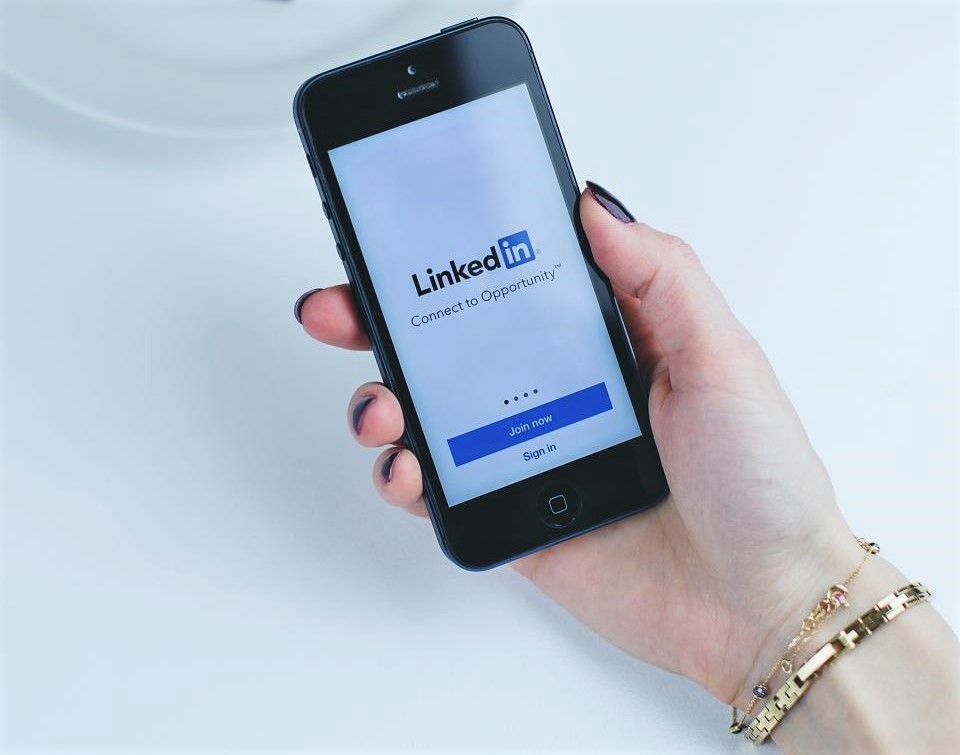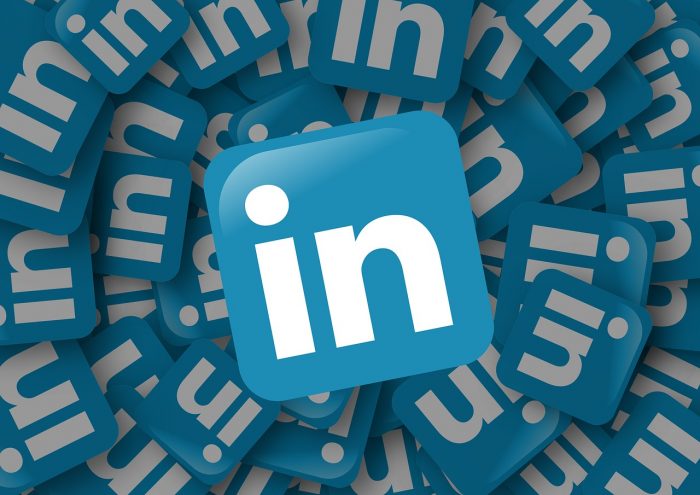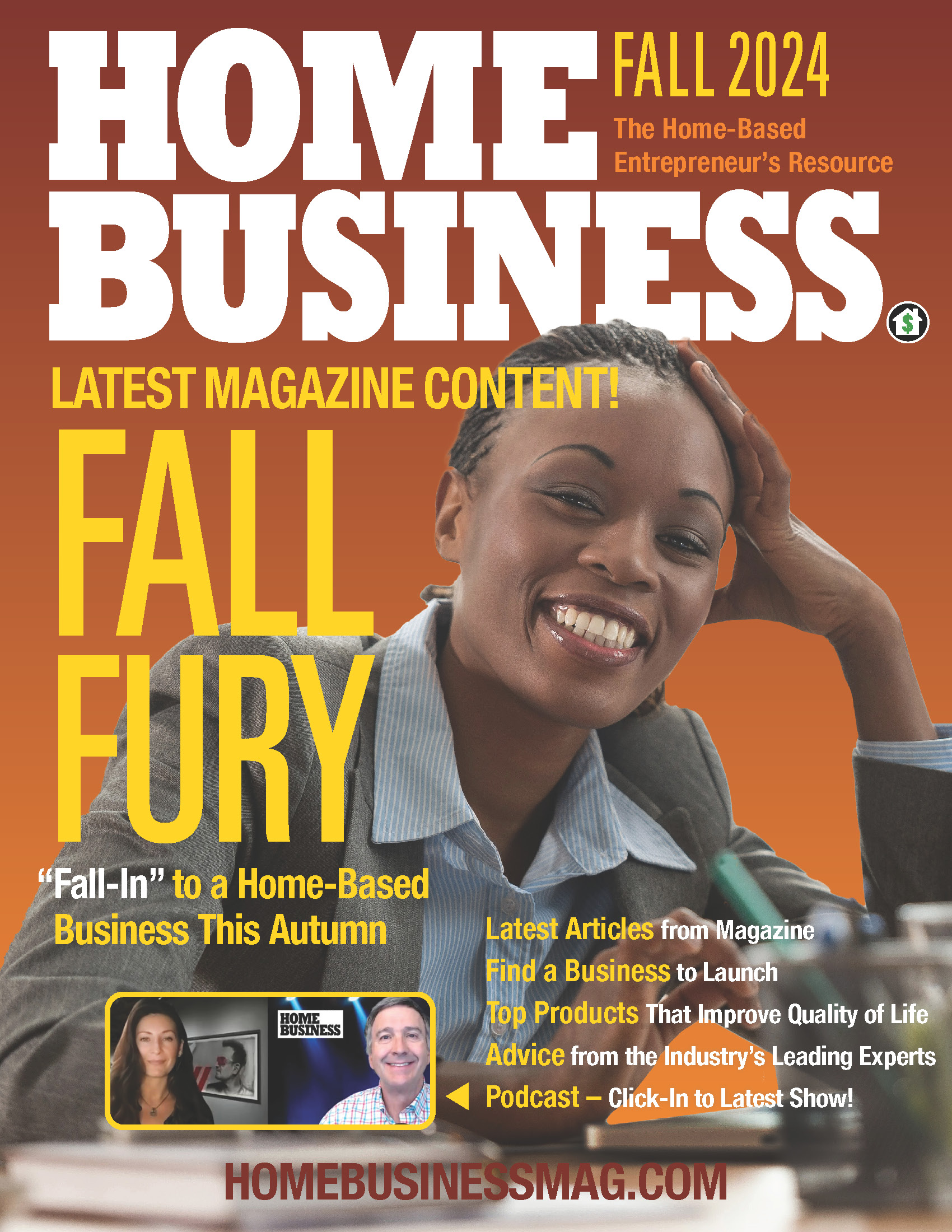It’s no secret that LinkedIn is an effective marketing tool that, if used strategically, can build your brand and drive sales. There is an over-abundance of articles and blogs telling you on a superficial level how to do so.
So, what’s the problem? Surface level tips and tricks lead to rookie mistakes, and rookie mistakes lead to wasted time and lost opportunities.
Here are 5 rookie marketing mistakes to avoid on LinkedIn and some actionable advice on how to correct them.
1. A mediocre profile
If all you’ve done with your LinkedIn profile is add work experience, your job title in your headline, and a profile photo–you’re missing opportunities.
When you think of the marketing side of LinkedIn, a profile isn’t at the top of your list of things to put work in to, but it should be. Users search the platform every day for your expertise and what you offer. Optimize your profile with a ton of relevant content under each section, starting with your headline.
Your current job title as your headline doesn’t say nearly enough about what you have to offer. Use a strategic sentence to tell future clients, network connections or partners what you can do for them and use vertical bars to break down each aspect of your field that you are versed in.
Next, move down to your summary and use it to tell your professional story. Compel people to do business with you based on the value you can provide them and accomplishments you have achieved.
Go into detail about each position under your work experience. What did you do, what were some accomplishments you made, how did you help the company, what are some skills you picked up working there?
The more optimized content on your profile, the better.
2. Not having patience
You have to water your grass before it will grow. Not every message you send will get a prompt response, sometimes you may not get any response.
This is what separates those who succeed with marketing on LinkedIn and those who don’t. It’s human nature to get frustrated, but giving up is not an option if you want results.
You might post something in the hopes that a specific person sees it and that person might not get on every day or every week. When they get on the next day your post is lost in their feed unless it was passed around by other connections or had enough shares/likes/comments to show up again.
Have patience with connections and messages you send, and the content you post. Be persistent and consistent with your marketing efforts.
3. You don’t want to put in the work
If you aren’t willing to spend the time and energy on LinkedIn, don’t expect sales to follow. I challenge you to put in 2-3 hours every day engaging, prospecting and producing content on LinkedIn. This is not a sprint, you have to view it as a marathon and your behavior must reflect that to be successful.
The more you engage with your network, the more you’ll get out of it in return. Use the time you spend on LinkedIn purposefully, to promote other people by liking, commenting, and sharing their posts which means being on the platform every single day.
Put in the work with your content as well. Use your knowledge and experience to publish articles on LinkedIn that your network will benefit from with no expectation of an immediate benefit. Search for valuable blogs posts and articles elsewhere that you can link to and make yourself a resource.
Follow up with connections and messages and keep yourself organized by using tags in LinkedIn Sales Navigator. Break tags down into categories like interest level and prospect qualification. Then, attach those tags to people’s profiles to keep everything in order.
Get out of the mindset that this is just a social network, it’s one of the most valuable marketing tools that is available right now for B2B.
4. Forgetting that it’s give first, ask second
Nothing will put a prospect off more than pitching them without providing them something useful first.
Old school & one-sided marketing advises you shouldn’t give anything away without getting something in return whether that’s an email address, subscription, or a sale. Instead of abiding by that philosophy, provide your network with value first and you will be astonished at the long-term results.
The ROI on time you spend providing that value will come back in multitude, just be patient.
5. The 80/20 Rule
There are two schools of thought on LinkedIn connections. One, build your network, connect with and accept everyone so you can tout a large connection base. Two, only connect with people that are relevant to you and your industry and no one outside of that demographic.
I’m here to tell you, they’re both wrong.
Use the 80/20 rule. Keep 80% of your connections relevant to you and build the other 20% with influencers that have 15k+ connections that are regularly engaging with their network.
The 80% that are relevant to you will be an asset to your marketing strategy as you can engage with people in positions and industries that you focus on serving.
That 20% influencer base is just as important. They are the connections that can help pick up a post and blasting it to their thousands of connections, gaining you exposure. One way to really take advantage of this is to compost a post, not more than once a month, and tag one of your influencer connections. Mention them in the post, give them credit for something, and then push with your content. They will then like and share that post and you’ve extended your reach–that’s the 80/20 rule at work.
LinkedIn Marketing Success
To put LinkedIn to work for you, evaluate your profile and LinkedIn practices to see if you’re making any of these LinkedIn rookie marketing mistakes. If you are, correct them and watch the results from the work you put in come to a successful fruition when you employ all 5 tips.














































